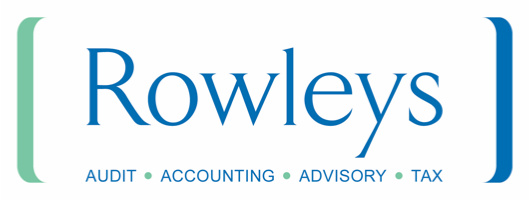News & Events
Defined benefit pension schemes in decline
5th April 2023
Defined benefit pensions have been a cornerstone of the UK retirement landscape for many decades. These types of pensions offer a guaranteed income for life, based on a formula that takes into account a worker’s salary and years of service. While these pensions were once common in both the public and private sectors, their prevalence has declined in recent years.
According to the Annual report on UK defined benefit and hybrid schemes 2022 written by The Pensions Regulator and published in December 2022, there was a decline in defined benefit schemes open to new members in 2022.
Why are defined benefit schemes in decline?
The decline in the number of defined benefit schemes is due to several factors. One of the main reasons is the increasing cost of providing these pensions. As people are living longer, the cost of providing a guaranteed income for life has risen significantly. This has led many employers to close their defined benefit schemes to new members, or to offer them only to a select group of employees.
In addition to the rising cost of providing defined benefit pensions, there are other factors that have contributed to their decline. One of these is the changing nature of the UK workforce. Many workers are now employed on a part-time or temporary basis, which makes it more difficult for employers to offer a guaranteed income for life. In addition, many younger workers are more interested in flexibility and portability than in a guaranteed income for life.
Despite the decline in the number of defined benefit schemes, these pensions remain an important part of the UK retirement landscape.
However, there are concerns about the sustainability of defined benefit pensions. As the cost of providing these pensions continues to rise, many employers are struggling to meet their pension obligations. This has led to a number of high-profile cases in which companies have gone bankrupt or have been forced to reduce pension benefits.
Addressing the concerns
To address these concerns, The Pensions Regulator has introduced a number of measures to help protect members of defined benefit schemes. These measures include new funding requirements, increased transparency, and greater powers to intervene in failing schemes.
In addition, The Pensions Regulator is working to encourage greater collaboration between employers, trustees, and regulators to ensure the sustainability of defined benefit pensions.
In conclusion, defined benefit pensions remain an important part of the UK retirement landscape, but their prevalence has declined in recent years due to rising costs and changing workforce dynamics. While concerns about the sustainability of these pensions remain, The Pensions Regulator is taking steps to protect members and ensure the long-term viability of defined benefit schemes.
The Rowleys pensions team are pension audit experts. We work with a large number of pension schemes, taking a balanced, risk-based approach to audit. If you’d like to discuss your pension scheme accounts and audit requirements, then please get in touch.
